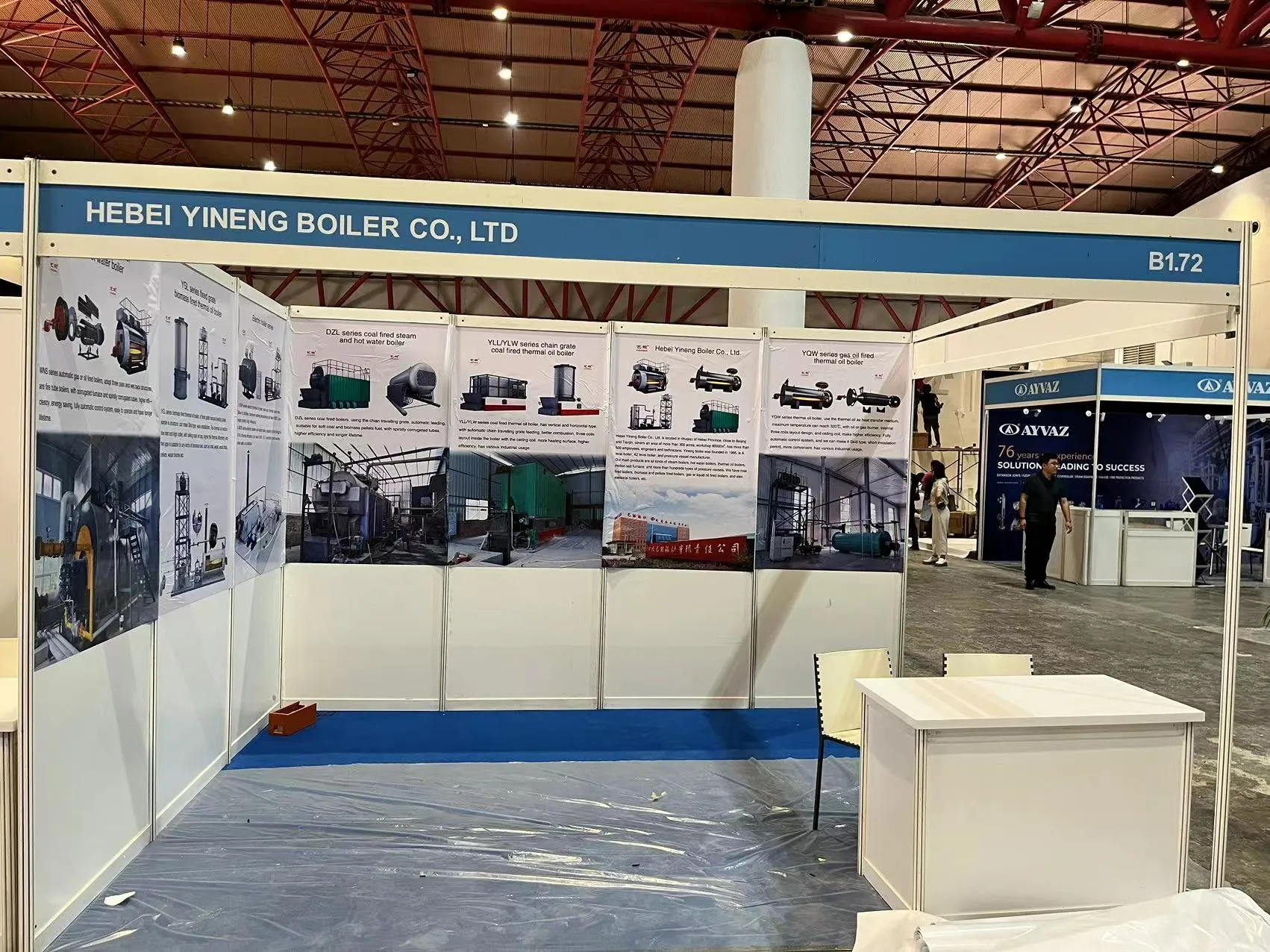ce certification automatic boiler
CE Certification for Automatic Boilers
In the realm of industrial and commercial heating solutions, automatic boilers play a pivotal role in ensuring efficient and reliable energy supply. However, as with any manufactured equipment, safety and compliance with regulatory standards are paramount. One significant certification that these boilers must adhere to in Europe is the CE marking. This article delves into the concept of CE certification for automatic boilers, its importance, and the implications for manufacturers and users alike.
Understanding CE Certification
CE marking indicates that a product complies with the essential health, safety, and environmental protection standards set out by the European Union (EU). For automatic boilers, which are widely used for heating in various sectors including manufacturing, healthcare, and hospitality, obtaining CE certification is crucial for several reasons. First and foremost, it enhances the safety of the equipment. CE marking signals that the product has undergone rigorous assessment processes to ensure it does not pose risks to users or the environment.
The CE certification process involves several steps, including product design assessment, evaluation of the manufacturing process, and testing for compliance with relevant EU directives. For automatic boilers, key directives that may apply include the Machinery Directive, the Pressure Equipment Directive (PED), and the Ecodesign Directive. Each of these directives outlines specific safety and performance criteria that must be met before a boiler can be granted CE marking.
Why CE Certification Matters
1. Safety Assurance Certified automatic boilers are safer for operation, reducing the likelihood of accidents such as explosions or malfunctions. This safety assurance is crucial not only for the workers operating the boilers but also for surrounding areas and the environment.
2. Market Access In order to sell automatic boilers within the EU, manufacturers must have CE certification. Without it, products cannot be legally marketed in EU countries, effectively barring access to a significant market.
3. Consumer Confidence CE marking serves as a trustworthy signal for consumers regarding the safety and reliability of a product. It assures customers that the boiler they are purchasing meets high standards and is built to last, contributing to overall consumer trust in the brand.
4. Compliance with Regulations The EU has stringent regulations concerning emissions and energy efficiency. By obtaining CE certification, manufacturers demonstrate their commitment to adhering to these regulations, which not only benefits the environment but also enhances their competitive edge within the market.
ce certification automatic boiler

The Certification Process for Automatic Boilers
The process of obtaining CE certification for automatic boilers can be intricate and time-consuming. It typically involves the following steps
1. Technical Documentation Manufacturers must prepare comprehensive technical documentation that details the design, manufacturing processes, and operating instructions of the boiler.
2. Risk Assessment A thorough risk assessment must be conducted to identify potential hazards associated with the boiler's operation. This assessment is crucial for determining the appropriate safety measures that should be incorporated into the design.
3. Testing The boiler undergoes a series of tests to evaluate its compliance with safety and performance standards. These tests may cover aspects such as thermal efficiency, emissions levels, and operational safety.
4. Declaration of Conformity Once the boiler meets all necessary requirements, the manufacturer issues a Declaration of Conformity, stating that the product complies with all applicable EU directives. This document must accompany the product during its market release.
5. Surveillance and Maintenance After certification, ongoing surveillance may be required to ensure continued compliance, particularly if there are changes in regulations or product design.
Conclusion
CE certification for automatic boilers is not merely a regulatory hurdle; it represents a commitment to safety, quality, and environmental responsibility. For manufacturers, achieving this certification is essential for accessing the European market and fostering consumer trust. For end-users, CE-marked products deliver the reassurance of safety and efficacy in their operations. As industries continue to evolve and adapt to new technologies, the importance of CE certification remains unwavering, ensuring that automatic boilers are both reliable and safe for users and the environment alike.
-
Top Industrial Boiler Contractors Supplier & Factory Quality Products & ServicesNewsJun.10,2025
-
Panasonic Hot Water Boiler - Reliable & Energy Efficient Heating SolutionNewsJun.10,2025
-
Pennco Steam Boilers High-Efficiency & Durable SolutionsNewsJun.10,2025
-
Industrial Boiler & Mechanical Solutions Efficient Industrial Heating SystemsNewsJun.10,2025
-
Panasonic Hot Water Boiler - Energy-Efficient, Reliable Heat SolutionNewsJun.10,2025
-
Premium Power Plant Steam Boilers High Efficiency & ReliabilityNewsJun.09,2025

